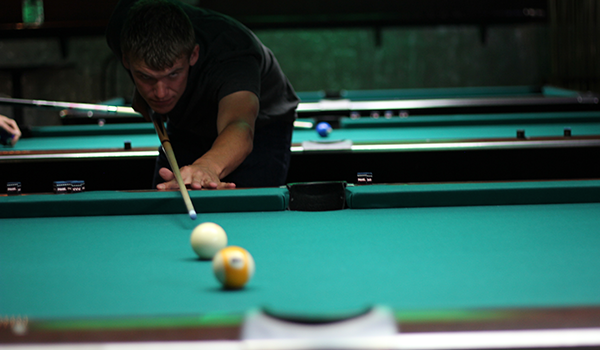
One of the most beloved sports is pool. It can be played on many different sized tables. You need to be skilled at the game. Although there are many variations of pool, the most popular ones are eight ball and continuous pool. These games require a high level skill and can also be played in a singles, doubles, or team sport.
The objective of the game is to pot all designated balls. This includes the eight-ball, cue ball and other object balls. Each player receives one of two pockets at each end of the table. They continue until they miss or foul. The foul must be committed by the player. A variety of fouls can occur including a break, hitting the cueball into an object ball, committing an unlawful break, or executing a jump shot.
The World Standardized Rules of Pool are the official rules. These rules are used by many international tournaments, organizations, and the Billiard Congress of America. When a foul is committed, the ball that was pocketed must be put back on and the opponent's ball pocketed by the cue ball counts as a point for the opponent.

Eight-ball is a game where the goal is to get the black eight ball. Depending on the variant of the game, other balls will be numbered from 1 to 9. The game is won if the player places a ball in his own pocket.
A normal foul will result in a minus point. If the ball is taken in foul play, it will be penalized with a minus point. The player can decide to go back to his original position after he has taken his next shot. Or, he could decide to keep his shot. If the opponent takes the ball from his pocket, he'll receive a point.
Another type of foul is the ball in hand foul. This happens when a person touches the cue ball while not having their foot on the ground. The player must announce that the ball has been pocketed before they take a shot. The ball that was pocketed during foul play must be positioned as close to the feet spot as possible.
A player who commits more than two fouls at once must be warned before taking their next shot. A third foul can result in the game being lost if the player does not agree to a penalty. A player who breaks in the first innings will get a minus score equal to -10.

Non-player interference can also be considered a foul. Non-player interfere is defined as the case where the ball is pushed or bumped against an opponent or an unscheduled lamp fixture. Non-player interference does not count if the ball is pocketed in the course or a foul.